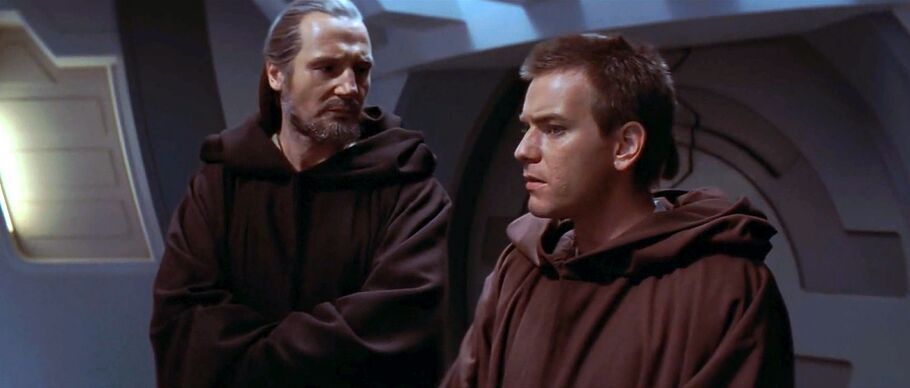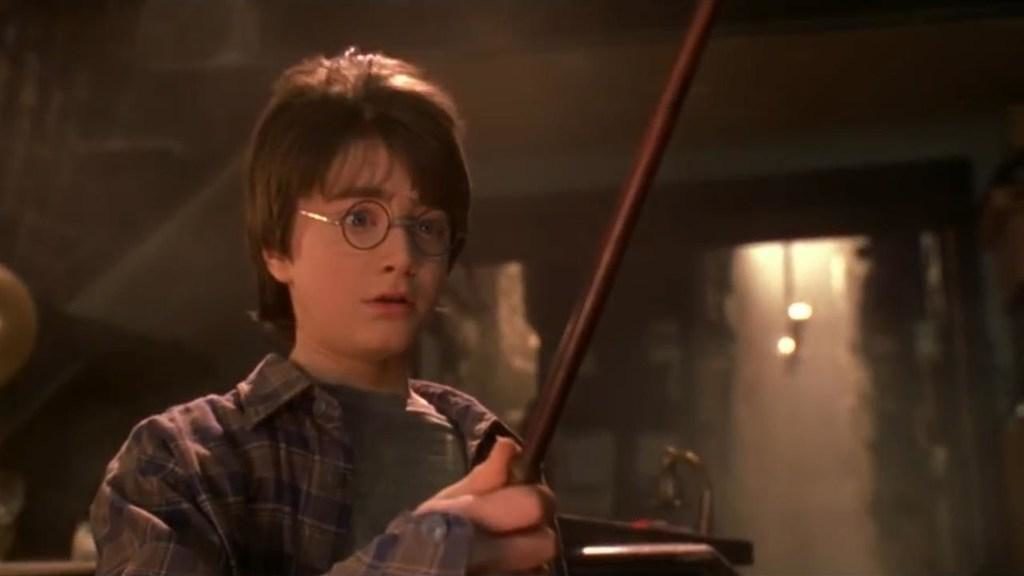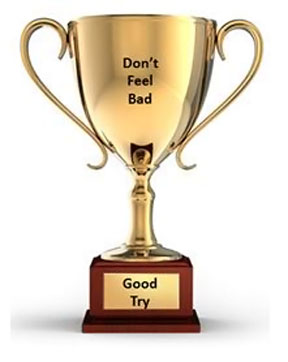 Ever noticed how today’s cartoons and movies offer their viewers the spectacle of young kids as epic heroes? Personally, I find this trend highly annoying. I simply cannot take seriously the notion of a child or adolescent possessing the moxie and the skills or judgment to deal with and defeat veteran criminals and supernatural entities. I do realize these entertainments cater to the natural childhood fantasies of reenacting the exploits of superheroes, war heroes, cowboys, etc. That makes sense, or almost. I remember when we starry-eyed kids pretended to be the Lone Ranger or wore a bath towel as a cape (as even young Clark Kent does in a flashback scene in Man of Steel, a great moment!). But we were trying to emulate adult heroes from TV and comic books. We wanted to be Batman, not Robin. Even Robin wanted to be Batman, and in some stories he does grow up to replace his mentor.
Ever noticed how today’s cartoons and movies offer their viewers the spectacle of young kids as epic heroes? Personally, I find this trend highly annoying. I simply cannot take seriously the notion of a child or adolescent possessing the moxie and the skills or judgment to deal with and defeat veteran criminals and supernatural entities. I do realize these entertainments cater to the natural childhood fantasies of reenacting the exploits of superheroes, war heroes, cowboys, etc. That makes sense, or almost. I remember when we starry-eyed kids pretended to be the Lone Ranger or wore a bath towel as a cape (as even young Clark Kent does in a flashback scene in Man of Steel, a great moment!). But we were trying to emulate adult heroes from TV and comic books. We wanted to be Batman, not Robin. Even Robin wanted to be Batman, and in some stories he does grow up to replace his mentor.
As the great folklorist Vladimir Propp (Morphology of the Folktale) and mythographer Joseph Campbell (The Hero with a Thousand Faces) explained, hero myths seem to function as life maps for maturation, i.e., achieving maturation. The hero becomes a hero by virtue of overcoming challenges and, perhaps more importantly, setbacks in the course of his chosen mission. That mission may be to obtain the Golden Fleece, the Holy Grail, the sword Excalibur, or the hand of the kidnapped princess. Taking it down a notch to something less overtly mythic, the quest may be to discover something, like the great Cassini photographs telling us more about the glorious planet Saturn, or finding the cure for some disease, or the recent decipherment of the Voynich Manuscript (which, darn it, did not turn out to be the Necronomicon!). Or inventing something to better the lot of mankind (like Clap-on lights or light-up sneakers).
Propp thought heroic quest myths had a more restricted scope, being all about the challenge facing a young suitor (the hero) overcoming the resistance of his beloved’s disapproving father (the villain) in order to “rescue†his bride from her dad’s household! Campbell would consider that simply one version of the Hero Myth, one of its many applications. Another would be the development of one’s talents and the public’s recognition and acclaim. Still another would be someone’s Buddha-like quest for spiritual enlightenment.
It is this archetypal dimension that gets lost in, for instance, The Never-Ending Story and the Harry Potter movies. (Life is too short for me ever to read the Harry Potter mega-novels, so I restrict my comments to the movies.) The moment Harry enters the picture, the first day of school, he is acclaimed by everyone to be a virtual Messiah of Magic, the Avatar of Sorcery. He doesn’t earn it. Why is he even wasting his time in school? (Besides, what happens with all these “wizards†when they graduate? Are they using their powers to change the TV channel without a remote? They sure aren’t magically stopping disease and war, that’s for sure. I guess their big benefit is making the big bucks for J.K. Rowling.) Take a look at Dr. Strange if you want to see a guy earn his cloak as the Sorcerer Supreme. He’s an adult, by the way.
And bespectacled Harry turns out to be pretty much nothing. Hermione and that frog-faced kid save his butt and do the fast thinking. The Disney Hercules cartoon, despite its awful trivializations, at least had the “from zero to hero†element, but Harry Potter remains an over-rated zero. And this is no accident. He reflects the “slave/herd morality†of our pathetic age. He is the epitome of all those kids who receive awards for just showing up. Excellence is downplayed, even discouraged, because it would make the many also-rans feel (justifiably!) bad. May I recommend the movie Harrison Bergeron (the one with Sean Aston and Christopher Plummer) for the perfect satire of this glorification of mediocrity.
These kid hero cartoons and movies short-circuit the process and the lesson of maturation. They would instill the false notion that any snot-nosed kid can already do the impossible. But they can do that only in the realm of childish daydreaming. And the result is that real achievement is removed from real life and restricted to the fantasy world of daydreaming. Why bother trying to translate the quest myth into real life by, say, becoming an Eagle Scout or joining the Marines? Or struggling to start your own business? Maybe it all boils down to economics and stultifying government policies.
Basic to the demands to raise the minimum wage even for burger-flipping fast food jobs is the assumption that working at Burper King or Roy Regurg or Substandardway will be a career. That is a pessimism born of a resignation to a stagnant economy, where real career jobs will never become available. Better look forward to getting that gold Hello Kitty watch when you retire from Walmart (wasn’t he the bad guy in the Harry Potter flicks?). And why should we resign ourselves to such a gloomy prospect? Because Socialist-leaning politicians expect and even seemingly desire a stagnant, shrinking economy because they figure an equality of penury is more to be desired than a system where it is possible to achieve wealth by merit, effort, and talent. It is the slave morality again. If you succeed because of superior drive and ability, that makes me feel inferior—because I am! And we can’t have that!
Similarly, these politicians and activists make it a goal to dial back American prosperity so we can stop feeling guilty for our affluence in a world of poverty. I believe that the chief motive force of Liberalism/Socialism is survivor guilt. Against this I will quote George Harrison: “I’m sorry that you’re underfed, but like you heard [I] said, ‘I’m not guilty.’â€
So kid hero entertainments inculcate the lesson that dreams of glory must remain in dreamland.
But Capitalism has its share of the blame, too, for I am convinced that the glorification of super-powered squirts is one facet of the cynical scheme to redefine “youth†as an end in itself instead of a stage of growth toward the fruition of adulthood. Adulthood was traditionally viewed as the acme, the time of fulfillment, while youth was the period of apprenticeship and learning both skills and wisdom. But nowadays, advertisers and manufacturers have changed that. One reaches the prime of life as a young person, and after that it is all downhill. Don’t you see how awfully pathetic it is to look back on your high school years as the high point of your life?

Treasure your memories, sure, but surely you must see the right thing to do is to get out there and make some new ones! Achieve! Dream and do! The flashy youth culture is the result of marketing. Advertising, as Alan Watts (in a rare moment of sobriety) said, is the Western version of maya, the pumped-out fog of illusory assumptions and transitory values. And nothing fades as fast as youth. “Grow [up] along with me. The best is yet to be.†It is if you make it so.
Heroes are made, not born.
So says Zarathustra.



4 Responses to Super-Powered Squirts